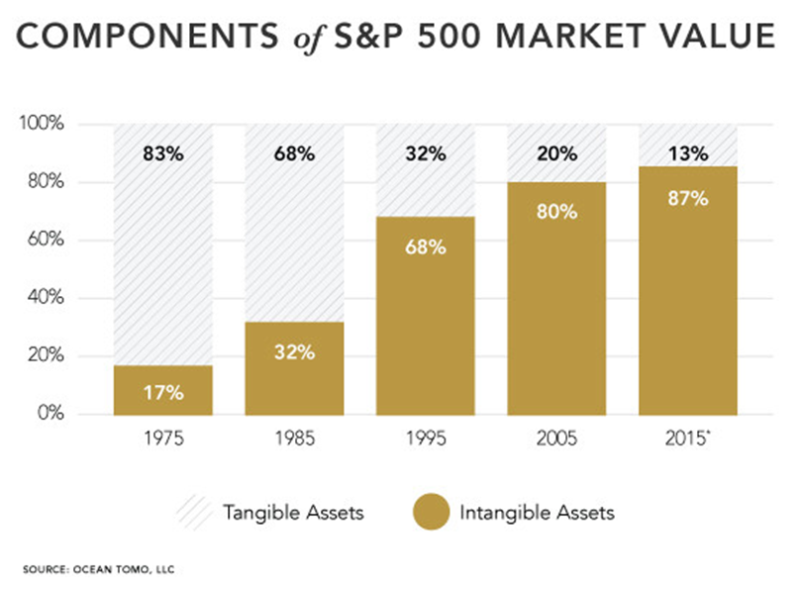There is no lack of discussion about the skill sets that FP&A professionals need throughout their...

There’s been a steady move towards having more business partner roles in FP&A, similar to other support functions like IT and HR, but what does this all mean for FP&A?
The good news is that our traditional FP&A roles are still necessary, the advance towards business partnering is more simply a reflection that business expectations have shifted. It’s no longer about us explaining the variances, what happened last month or last quarter. That’s a minimum expectation on us.
The core skill set that we have in analyzing data and sensing the commercial implications reflects that we are being called upon to partner with the business more often by providing them with the deeper analysis of what the data actually mean.
However, in some instances these heightened business partnering expectations have meant that FP&A as a group may now lag behind marketing, sales and other customer-facing functions that are investing widely in digital technologies to capture valuable data that are less focused on tangible assets and more directed towards intangibles like customer satisfaction; partner relationships; the quality of business processes and the reputation of their brands. Notice how none of these data-points are financial.
Naturally, some of you may be thinking or asking whether FP&A will get left behind?
As with any shift in expectations, there’s always a chance we can get it wrong, although a key privilege we in FP&A have is that we generally already have, or can more easily gain access to, a wide and inter-connected view across the enterprise. So do I believe we have the potential to still contribute towards our partners’ enhanced expectations and our enterprises’ success? Of course, but to do so will mean that we may have to play an even bigger role, that of the insight-broker.
This role has three parts:
Raw information
From our FP&A position we broadly understand its business model, data structures and sources, so we’re ideally placed to go hunting down the necessary data and analysis required to contribute valued insights for successful decision making.
Analysis & insights
Even though we may not have a credible claim to provide all the information needed by our partners in this digital age, we do have an enterprise-wide overview and the required skills to work with diverse internal stakeholders to certify that they’re assembling and analyzing data in the most suitable ways to improve performance. Our data-orientation and quantitative skills allow us to engage in qualifying new data sources as well as involve the language of money to better support decision making and ultimately build better business models that survive the present and thrive into the future.
Benchmarking
As insight-brokers we can liberate these data for application and benefit elsewhere in the business. We can identify areas that work well and benchmark these against others that could operate more effectively. By brokering and facilitating insights between partners we can contribute our overview and professional objectivity as part of these collaborative conversations, to safeguard and enhance the quality of data-driven decision-making.
I end this post with an observation from outside our FP&A profession that today’s most competitive & sustainable business models are less based on physically installed fixed assets but instead come from platforms of insights that go deeper into our intangibles, founded upon our information, human and organisational capital. The often quoted Ocean Tomo Study estimates that 87% of the S&P500's market value from 2015 was due to intangibles, a 70%pts growth over the last 40 years.

FP&A has already played our part in supporting this shift, to continue playing a relevant role today and into the years ahead we will need to play the bigger role of insight broker so that our organizations and our profession can reach their potential.
So do you think FP&A have a bigger role to play? What tip would you recommend to others that increases our relevance today and into the future?
Subscribe to
FP&A Trends Digest

We will regularly update you on the latest trends and developments in FP&A. Take the opportunity to have articles written by finance thought leaders delivered directly to your inbox; watch compelling webinars; connect with like-minded professionals; and become a part of our global community.


 The author Andrew Codd is the producer of the Strength in the Numbers Podcast which interviews real finance practitioners to break down their hard-won lessons and deconstruct their practical methods that work on the job and which you won't typically find in textbooks or exams so that we create more influential finance professionals worldwide who solve meaningful problems for their organisations and in return have fun, rewarding and successful careers in finance.
The author Andrew Codd is the producer of the Strength in the Numbers Podcast which interviews real finance practitioners to break down their hard-won lessons and deconstruct their practical methods that work on the job and which you won't typically find in textbooks or exams so that we create more influential finance professionals worldwide who solve meaningful problems for their organisations and in return have fun, rewarding and successful careers in finance. 

